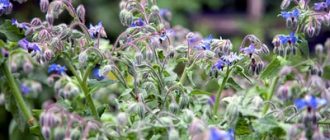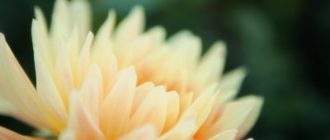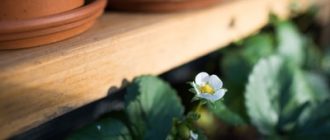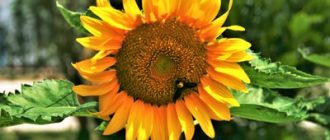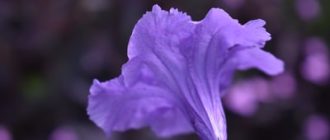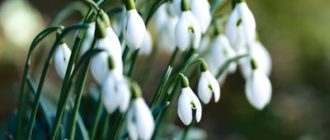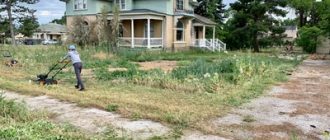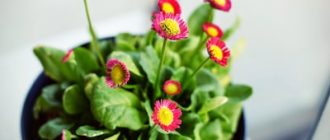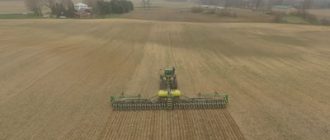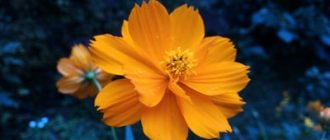
Summer Vegetable Garden
Here’s the time again to start anew. Some seeds will germinate in the salty air, sun and water, while others will need a little more patience. Still others are resting in the fridge, hopefully still warm and fruitful.
Early Summer Gardening
Some useful tips for those of you planning a summer garden are:
– Maintenance is everything! If your plants areubsby and crass, they’ll soon gives up on life in your garden and require more water and attention. Just like children, if they’re nourished and well looked after, they’ll be able to grow strong and healthy.
– The best plants for a summer garden are those with beautiful flowers. The brilliant show they put on in the spring is a shining example of the changing seasons.
– Tomatoes are a must for any summer garden. They’re delicious straight from the vine and contain every conceivable benefit for the human body.
– There are different varieties of lettuce provided for different types of summer. To keep things tidy in your summer garden, you could optevrete decorative tiles.
– Pumpkins and other cucurbits are a beautiful addition to your summer garden.
– There are great rosettes of snow peas every year.
– surface covering is an absolute must for your lvelliking.
– You could use your succulent plants as cut flowers for your arrangements. The bright and showy colors will be a shock to your taste buds, and will definitely the awe of your guests.
– Water is another important element for the summer garden. The kind of water that’s best for gardens is ultraviolet (UV) treated water. This is because the water will constantly get the bright and colorful lights.
– Some plants can handle highly acidic soils, so you need to do a little checking as to whether the soil is suitable for the plants. For example, azaleas will grow in soils with a pH of 4.5 to 5.5. However, they won’t survive soils with a pH below 4.5.
– You will need to get your plants ready for the summer sun by giving them a haircut. Also, you should protect them from the hot summer sun. This is by no means required, but you need to know your plants pH so that you can adjust it.
– If you need to replace some plants that have died or have gone bad, you can take some cuttings. And, you can do this all year round.
– There are pollinators and insect groups that you should encourage into your garden for the summer. Some examples of these are birds, bees, butterflies, and ladybugs. They all have their own demands for nectar and pollen.
– Water the plants in the garden and be sure to check the soil for moisture. Plants in containers need to be watered even though the soil is dry.
– If you have plants that grow from their own seeds, be sure to cover them with some mulch to keep the seeds hidden until the growing season is over.
– There are several reasons to be concerned. These might include insects, rabbits, and kids (pressure-treated lumber).
– It’s a good idea to find out what kind of predators your plants have. These predators can eat the bugs and reduce your insects or damage your plants.
– Locate your garden near a path where you can see if there are any rabbits or other animals that are likely to invade your garden.
– If you have kids or rabbits (as many as there are nowadays), you need to assuredly protect your plants. This means fencing or some other effective deterrent.
– The soil does need fertilizing in the summer.
– You will most likely need to water your plants at some point in the summer.
– Some plants need to be watered twice a day in the summer.
– Some herbs need to be watered once a day.
– There are limits. Some plants will do just fine without Water but for some others (zucchini for example) a lot of water will be needed.
– The largest sap you can absorb by the plant is during the growing phase. Once the baked zucchini leaves turn brown and start to deteriorate, that’s it.
Why you may want to consider planning for a winter garden.
– There are some plants ( Luxor aside) that don’t do well in the winter.
– The end of the growing season is the time for freezing herbs as well.
– You can harvest herbs for cooking throughout the winter.
– The best time for a winter garden is between February and April.

